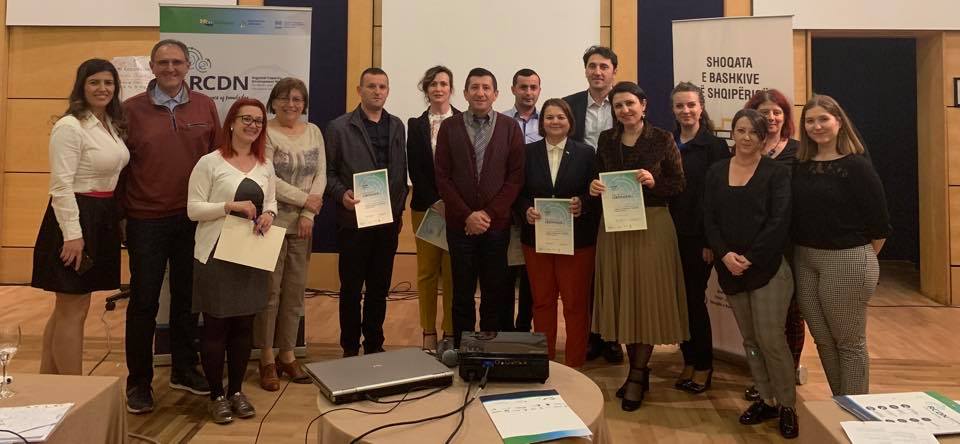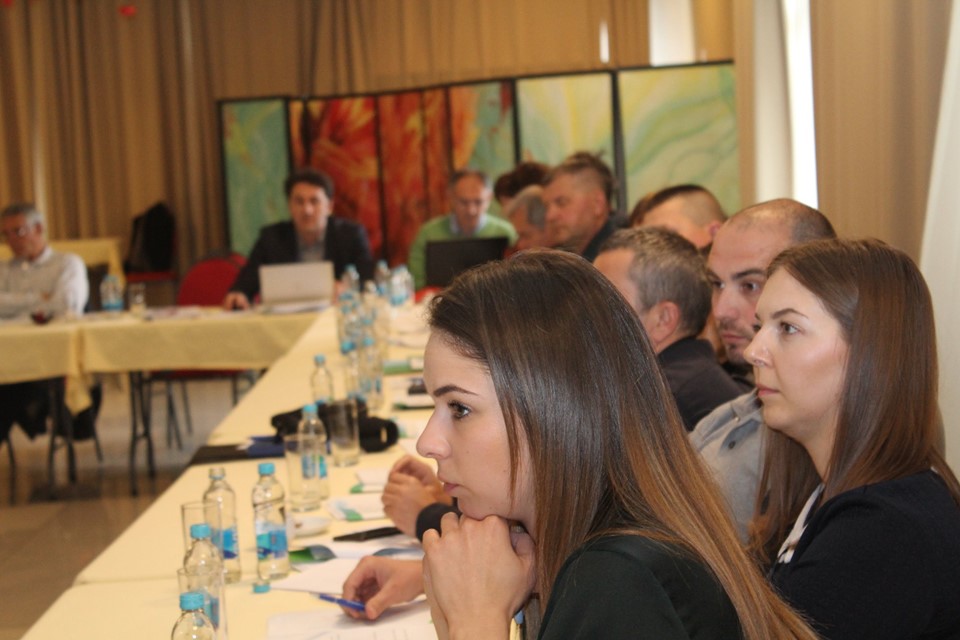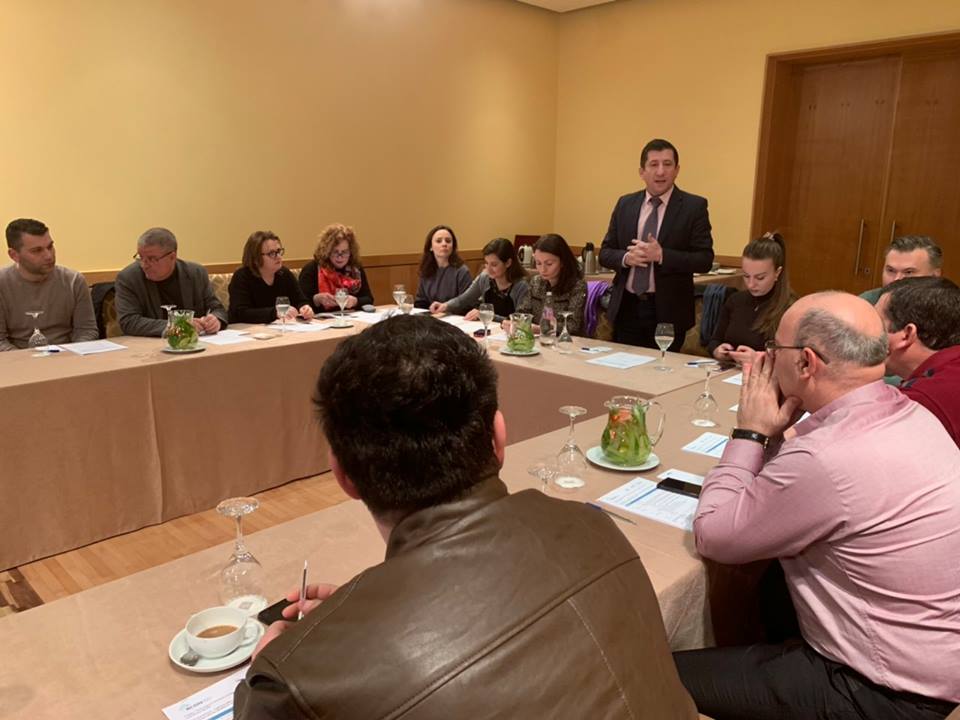What ignites our essence?
Addressing the Urgent Need for Improved Water Sanitation Services in the Western Balkans
Ensuring access to clean and safe water is not just a matter of convenience; it is a fundamental prerequisite for safeguarding public health and fostering overall well-being. But alarming statistics underscore the urgency of addressing water sanitation issues.
As analysis show merely 1% of the world’s water is deemed suitable for drinking, and this already limited resource is dwindling year by year. The consequences of water scarcity are starkly evident, with over 2 billion people residing in water-stressed countries, according to the World Health Organization (WHO). This figure is expected to escalate further in the coming years, driven by the dual forces of climate change and population growth.
Furthermore, the quality of available drinking water poses a significant health risk. Shockingly, globally, at least 1.7 billion people are exposed to drinking water sources contaminated with fecal matter, as highlighted by WHO reports. Microbial contamination from fecal contamination represents a grave threat to water safety, with potential transmission of diseases such as diarrhea, cholera, dysentery, typhoid, and polio. Tragically, these waterborne illnesses exact a heavy toll, contributing to an estimated 505,000 diarrheal deaths annually worldwide.
The implications of inadequate water sanitation services are dire, with far-reaching consequences for public health, economic stability, and societal well-being.
Addressing the multifaceted challenge of water sanitation requires a concerted effort from governments, civil society organizations, and international partners. Investments in infrastructure, technology, and capacity-building initiatives are crucial for enhancing water treatment facilities, ensuring the provision of clean drinking water, and promoting hygienic sanitation practices.
In the Western Balkans, expert analysis showed that lack of economic development and financial resources are the biggest challenges for the capacity development of the LGUs in this region when it comes to water and sanitation services. Capacity development products, education and support are needed in locating resources, creating network of experts and gaining and sharing knowledge. The main issues are showed to be low operational efficiency of utilities is caused by complex institutional landscape as well as limited number of sufficiently trained and qualified senior and professional staff due to a lack of proper managerial training and capacity building.
Moreover, raising awareness about the importance of water conservation and pollution prevention is essential for fostering sustainable water management practices. By prioritizing the protection and preservation of water resources, the Western Balkans can pave the way towards a healthier, more resilient future for all its inhabitants.




